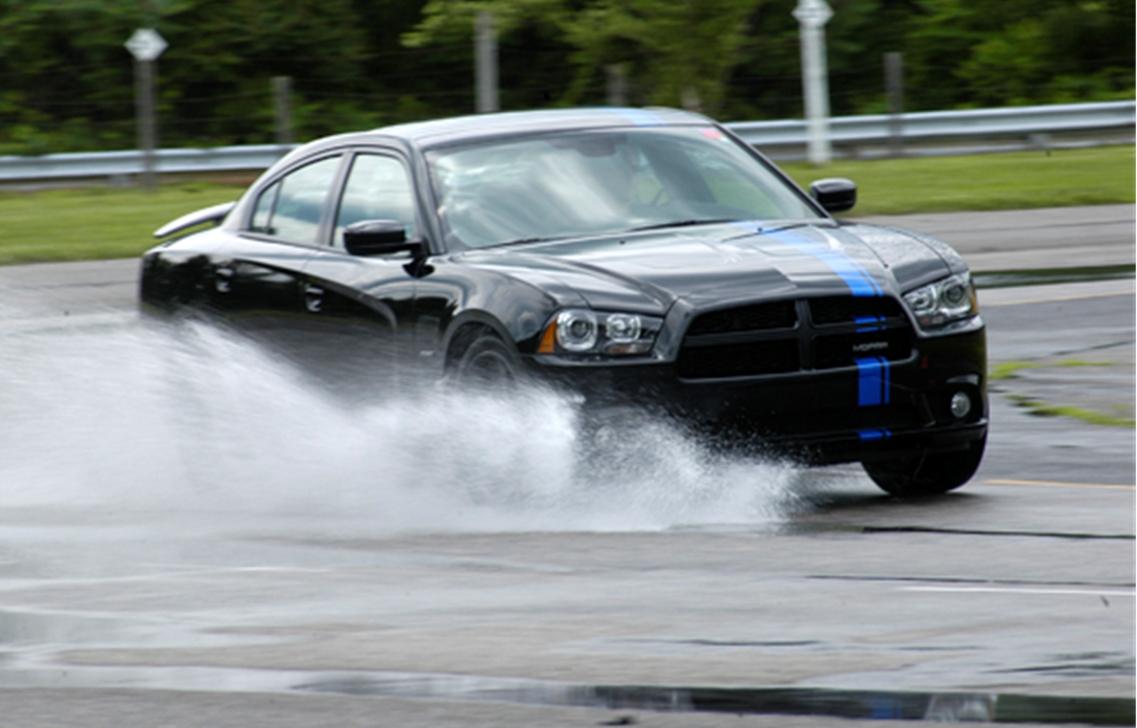When we buy a new car there are a lot of choices that we have including features anti-lock braking system, popularly called the ABS. This is something which wasn’t a phenomenon in the old cars, but now, yes, most of us prefer it. And why is that so? Just because it is in? Or just because no one is buying a base model anymore? Nope!
ABS is a great feature that can help you avert accidents by working on the wheels, in case of emergency braking. It prevents you from losing control over the wheels when you brake hard. This blog post tells you exactly how ABS works. So, let’s read on!
Contents
How does Anti-lock Braking System Work?
Before you can know how it works, here is what can cause the car to go out control when you brake hard.
When the braking force is more than what the tires’ gripping capacity can take, or when the road is slippery, the wheels lock up. This results in skidding and the car soon goes out of control.
READ MORE:
- A Fan of Japanese Cars? Learn these Japanese Driving Habits Too
- Glitch in Turn Signals. Fix ’em This Way
ABS Prevents Wheel Locking
ABS operation prevents the locking up wheel(s) and keeps the control in the driver’s hand. It also makes the vehicle stop sooner than you would expect in the case of an emergency brake. No matter how many maintenance tips you follow, your wheels could be in a fix when you brake hard. ABS solves that.
How It Prevents Wheel Locking
There are sensors on each wheel that constantly measure their rotational speed. The ABS control module samples the same. It also keeps comparing the rotational speed of each wheel. As soon as the driver brakes hard, one or more wheel slows down, and the wheel can lock up. The ABC control module then instructs the brake master cylinder to push the force away from the locking wheel.

This makes the wheel release and regain traction. The wheel begins to turn again and the system reapplies the brake momentarily. Then the system does it as frequently as 20 times per second. This alternation becomes manifest in the pulsing feel on the brake pedal.
The result – the system applies the intended brake force, without locking the wheel, at the same time preventing skidding or losing control. So, you can still steer the car while braking. This, in fact, can also shorten the stopping distance, thus helping avoid accidents.
What the video to see how Anti-lock Braking Sestem operates.
The Misinformation about ABS
There are so many people are misinformed about the efficacy of ABS. Not just that; if you plunder the Internet, you will find a host of people who like to sing tirades about ABS brake problems. Does it mean that anti-lock braking system can pose danger? Absolutely not!
Most drivers that complain about the inability of ABS in performing its function either do not know its function or have been expecting it to perform on ice.
Case 1: Not knowing the function of ABS
The function of ABS is not a sure shot tool to avoid accident that may happen due to braking. Its function is to prevent wheel locking and avoid skidding so that the stopping distance can shorten and the car does not go out of control. Rest depends on the driver’s skill.
In most instances complainants are those who perform highly complacent driving and like to brake just on the edge. Also, in cases where the driver is not complacent, chances are that perhaps more time would have been needed to avoid the accident.
Case 2: Moving on ice

Do you really think any braking system on earth could stop the tires from skidding on ice if you are moving fast? The most ABS can do is avoid unlocking and shorten the stopping distance. Now there is a difference between icy and slippery road. Right? Whether ABS or no ABS, you need to follow some precautions for winter driving.
Anti-lock braking system is indeed a very safe choice, whether you buy a luxury car or a hatchback; make sure you opt for ABS.




honestly as amechanic for the last 12yrs have now found and understood perfectly how it works leave alone its true meaning!!!! thanks alot for the informative article
We are glad that you like the article. Don’t forget to share with your friends!